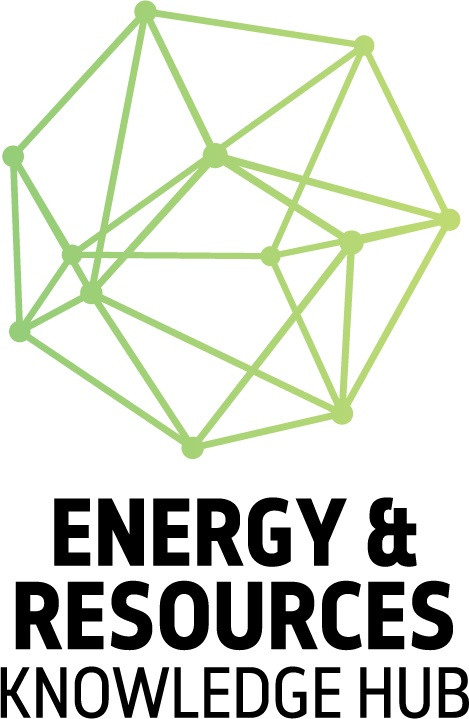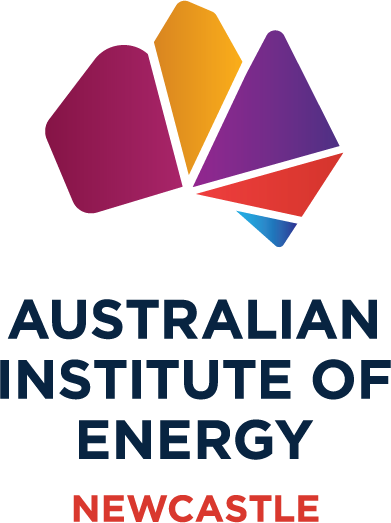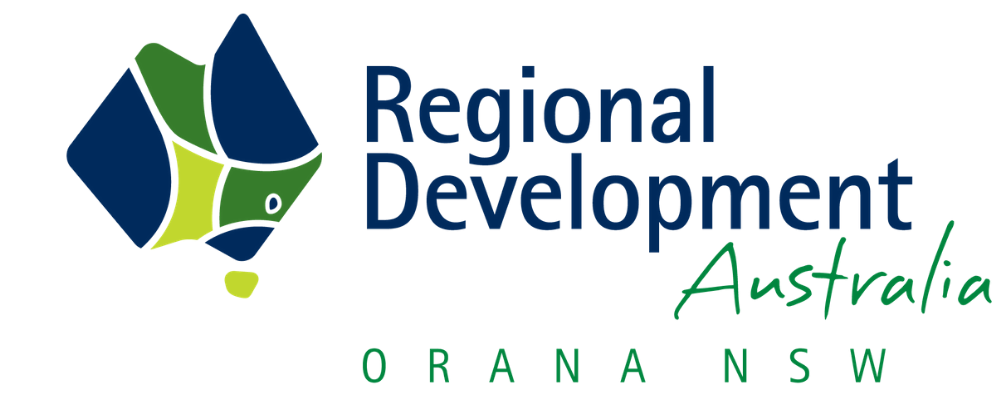Sparc Hydrogen completes first phase of prototype testing at CSIRO Energy Centre in Newcastle
A pivotal step in the development of their groundbreaking green hydrogen production technology, these trials significantly boost Sparc Hydrogen's progress toward a pilot plant.

By harnessing sunlight, water, and a photocatalyst, Sparc Hydrogen's patent-pending photocatalytic water splitting (PWS) reactor aims to streamline green hydrogen production, potentially offering cost and efficiency advantages over traditional electrolysis methods.
A joint venture between Sparc Technologies, the University of Adelaide and Fortescue, Sparc Hydrogen recently completed the initial phase of on-sun prototype testing phase on the PWS reactor at the CSIRO Energy Centre in Newcastle.
The trials were designed to elevate their reactor to a higher technology readiness level (TRL) and furnish essential data crucial for further iterations of the reactor's development.
Stephen Hunt, Executive Chair of Sparc Technologies, explained.
"The data and learnings from the repeated on-sun trials are invaluable and will improve reactor design as we continue to scale the technology towards a pilot plant."
"Completion of this test work is a significant milestone, not only for Sparc Hydrogen, but more widely for the advancement of photocatalytic water splitting, a next generation green hydrogen production technology which does not require capital intensive electrolysers, nor solar or wind farms."
Sparc Hydrogen gained support through the CSIRO Kick-Start Program, and recently received a research and development (R&D) tax refund totalling $371,655 as part of the Australian Government's R&D tax incentive scheme, relating to the 2023 financial year.
Plans are underway for another round of prototype testing at the CSIRO Energy Centre, scheduled for the first half of 2024.
Sparc Hydrogen is also actively engaged in a pilot plant pre-FEED study near Adelaide. This study, expected to conclude by year-end, encompasses critical aspects such as concept design, equipment selection, costs, and risk assessment. Successful execution of the pilot plant would escalate the technology readiness to TRL 6, setting the stage for subsequent design and engineering phases in 2024.












